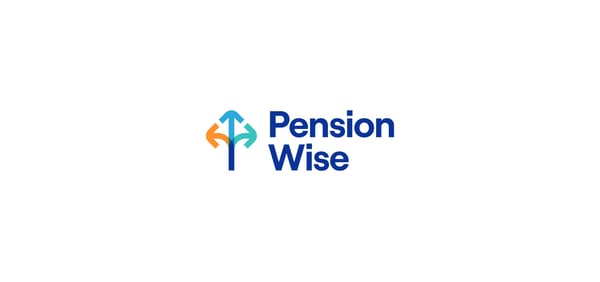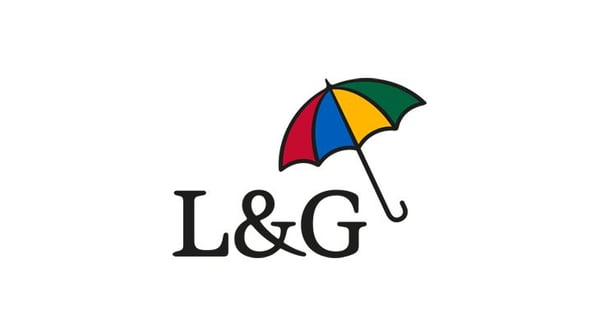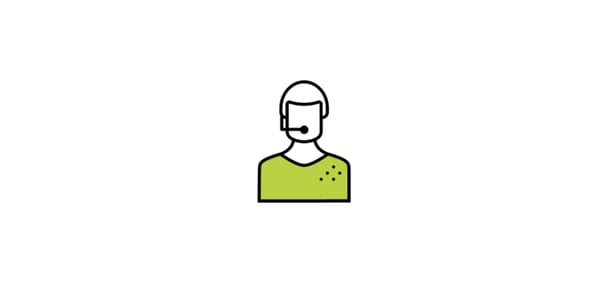
Pension and Tax: A Comprehensive Guide
From obtaining a tax refund to understanding your tax-free personal allowance, this article covers the common questions about pensions and tax.
Understanding how your pension benefits will be taxed is an important part of developing your retirement income plan. Read on to find out how this may affect you and how much it could be.
Do I pay tax on my pension income?
Tax on income you receive from a pension is calculated in the same way as earnings from employment. There is an annual personal allowance, which means that you can have an annual income of up to £12,570 (2025/26 tax year) that is not taxed. Income above this is subject to tax at rates of 20%, 40% or 45% depending on your overall total income. Learn more about income tax rates.
How are pensions taxed?
You pay tax if your total annual income adds up to more than your personal allowance of £12,570 (2025/26 tax year). Find out about your personal allowance and income tax rates.
Your total income could include:
- The state pension you get (either the basic state pension or the new state pension)
- Additional state pension
- A private pension (workplace or personal)
- Earnings from employment or self-employment
- Any taxable state benefits you get
Any other income including that received from investments, property or savings.
Depending on the level of your total income, including any taxable lump sum you take from a pension, you may have to pay income tax at a higher rate on the income you receive. You may also owe extra tax, or be due a refund of tax, at the end of the tax year.
How much income could you receive?
Use our retirement income calculator to find out how much your annual income could be using our suite of products, plus the tax impact of taking it all as cash.
How much tax do I pay on my pension income?
Pensioners do not receive a higher personal allowance for their income than other age groups. The amount you can receive tax-free before you start paying income tax on your pension, also known as a tax free personal allowance, is £12,570 for 2025/26. You will pay basic rate tax (20%) on your total income between £12,570 and £50,270. This means you can earn up to £50,270 before you start paying higher rate tax.
If you are married or in a registered civil partnership and you and/ or your spouse or civil partner were born before 6 April 1935, you can also claim a married couple’s allowance (MCA).
If you have any further questions around how tax could affect your retirement, you can find additional support on the Money Helper site.
Is my state pension taxable?
Yes. Your state pension counts towards your taxable income, but it will be paid to you gross (before any tax is deducted).
If your total income from all sources, including the state pension, is greater than your tax-free personal allowance (£12,570 for 2025/26 tax year), tax on your state pension is due. This will normally be deducted from any private pension, workplace pension or earnings you might have. However, if you do not have another source of income, you will have to complete a self-assessment tax return and pay any tax due directly to HMRC after the end of the tax year.
Find out more about your state pension.
What other income might I pay tax on retirement?
What income might I not have to pay tax in retirement?
A tax refund may be due if the tax deducted from a pension payment you have received is greater than that which is due when all of the income you receive during a tax year is taken into account. This can occur where a pension payment has to be taxed using the emergency rate which often happens when lump sums are withdrawn from pension savings. You can apply for a tax refund on these payments using a P53 or P53Z form.
You don't normally pay tax on your pension contributions. Instead, you may be eligible to receive tax relief on your pension contributions if your pension meets the required criteria. For full information, please visit our Tax Benefits page.
If your pension savings do not meet the required criteria, you may need to pay tax on your pension contributions. Find out more about tax on your private pension.
Related articles

What tax will I pay on my pension pot?

Gifting money to family and inheritance tax

What happens to my pension if I move abroad?
Need some help?
Making well-informed decisions about how to finance your retirement is important so it’s worth shopping around and using available guidance and advice, before you buy:

Retirement guidance
Pension Wise from MoneyHelper
The government’s free and impartial service, offering guidance to make money and pension choices clearer for over 50s.
To find out more or book an appointment online click below or call.
0800 011 3797
Monday to Friday, 9am to 5pm.
Calls may be recorded and monitored.

Retirement advice
Retirement Advice Service from Legal & General
Our advisers are experts in retirement regulated by the Financial Conduct Authority, so you can trust them to provide impartial advice and a personal recommendation that’s right for you.
0808 304 9155
Monday to Friday 9am and 5pm.
Calls may be monitored and recorded.

Speak with us
Our colleagues in Cardiff are always happy to answer your questions.
0800 048 2446
Monday to Friday 9am to 5pm.
Calls may be monitored and recorded.